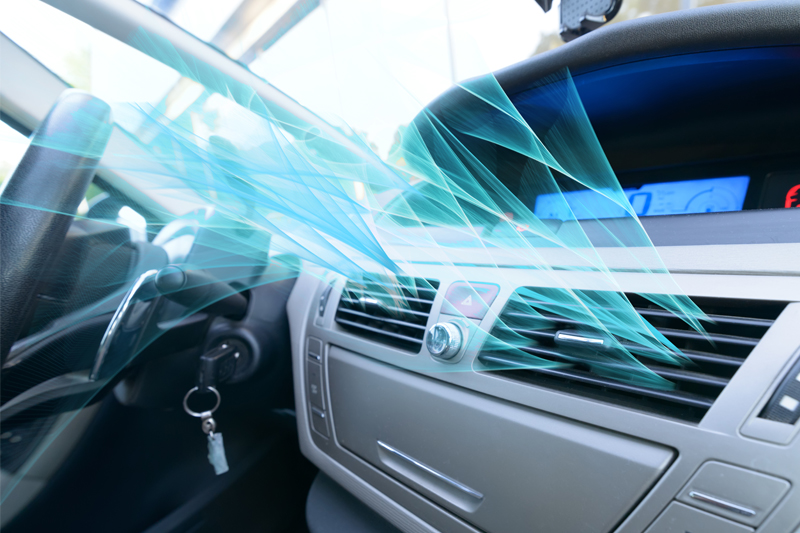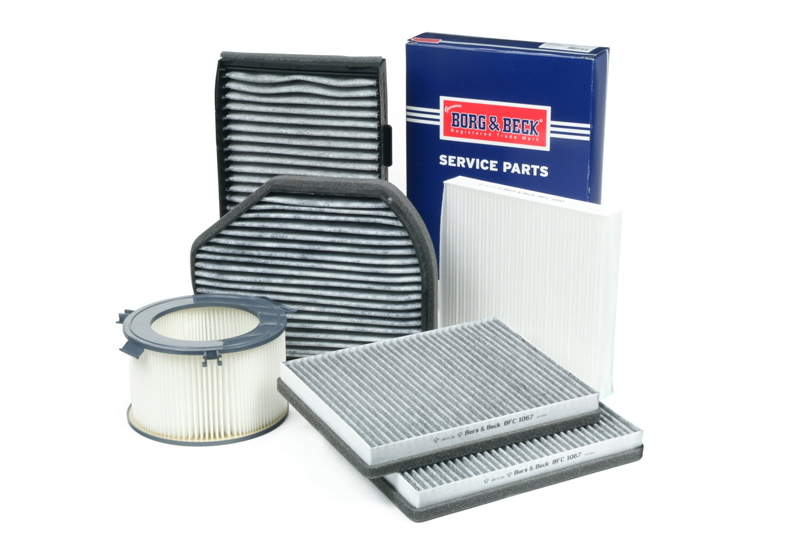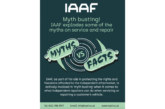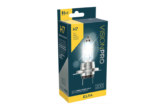
First Line tells PMF how serious neglecting cabin filter replacement can be, and why it’s important for factors to share this message with their garage customers.
Replacing cabin filters when a vehicle is in for a service is usually part of the service schedule, but it is quite often overlooked, as many vehicle owners don’t know they exist or what they are for and therefore are not willing to pay for it to be replaced.
“With a few key questions, for example: ‘Do you find that the windows are misting up, especially in the mornings? Are there unpleasant odours in the vehicle? Do you or any of your passengers suffer with allergies or asthma?’ the condition of the filter can be determined. Ultimately, if it hasn’t been replaced in the last 12 months, then it is recommended to carry out this important component change to protect the health and well-being of everyone on board,” says Jon Roughley, Global Marketing Director for First Line.

The cabin filter was introduced to filter out dust and pollen from the air entering the vehicle. With about 100,000L of air blowing into the cabin every hour of driving, without a functioning filter in place, the concentration of pollutants would be up to six times greater inside the vehicle, compared to standing by the roadside.
Carbon monoxide, oxides of nitrogen, and un-burnt hydrocarbons are gases, which are generally invisible. Particulate matter is also usually invisible, although under certain operating conditions, diesel engines will produce visible particles, appearing as smoke. Petrol engines will also produce visible particles if they are burning engine oil or running “rich” following a cold start, for example. Fine particles can also be produced by tyre and brake wear, so imagine all this contaminated air getting drawn into the vehicle as it is driven. Without a fully functioning cabin filter, these can be seriously damaging to health, in fact, according to a VCA-Cars & Air Pollution article, 29,000 deaths a year in the UK are attributable to fine particulate pollution.







